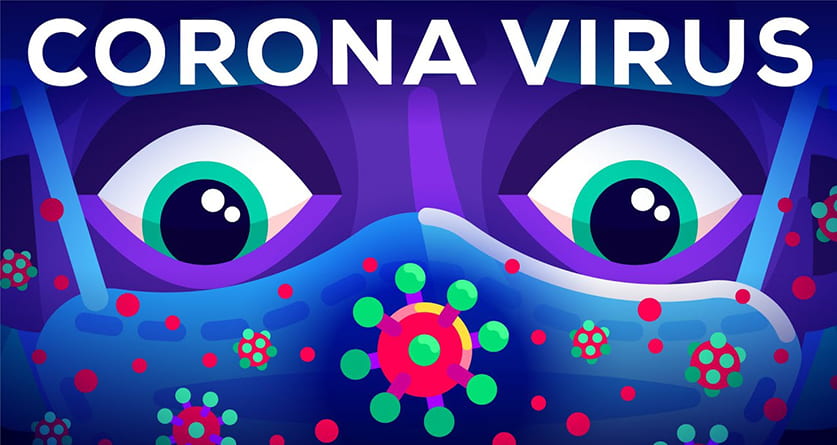Coronavirus (COVID-19) stories are currently inescapable on social media platforms. Recently, you may have seen stories or posts on Instagram, Facebook and other outlets with information on the virus, its spread, and how to stay safe. Unfortunately, the virus’s quick spread has generated a tremendous amount of scams, cyber threats, and misinformation.
Online scammers and malicious actors are actively looking to profit from the fear and misinformation about the virus spreading online. They may send you links instructing you to download files with urgent medical information or even promise to provide you with critical vaccination information. Keep an especially close eye out for these emails, and don’t fall for their tricks! Clickable hyperlinks and attachments are especially dangerous, particularly if they have a call-to-action in them, such as a time-sensitive request or demand. Examples of this include “urgent health alerts” that you have to open as an attachment and a link to an unfamiliar website with a list of places you shouldn’t travel to.
Even if an email comes from a trusted source, it’s always best to verify its authenticity. For example, if a website links to usc.edu/coronavirus, it’s always best practice to type that URL directly into your browser’s address bar yourself.
So, how do you truly know if something is safe? If you have a doubt, never hesitate to contact us and ask. There isn’t a list of what’s explicitly safe or unsafe, but remember: if you have even the slightest level of doubt, it’s always easier for us to review a suspicious message than it is to undo the damage that these scams often cause, which can include compromising your computer and the university’s networks and data. Also, if you clicked on a strange link and later realized that it may have been malicious, please still report it to our team – doing so helps you, us, and the USC community.
If you want to stay up-to-date with the last information on the coronavirus (COVID-19) and its impacts to USC, you can find the information on USC Coronavirus Update website, or visit our USC resources portal for a set of university links that cover this topic. For IT-specific information, visit our Business Continuity, Disaster Recovery and Emergency Resources portal.
Other Resources
